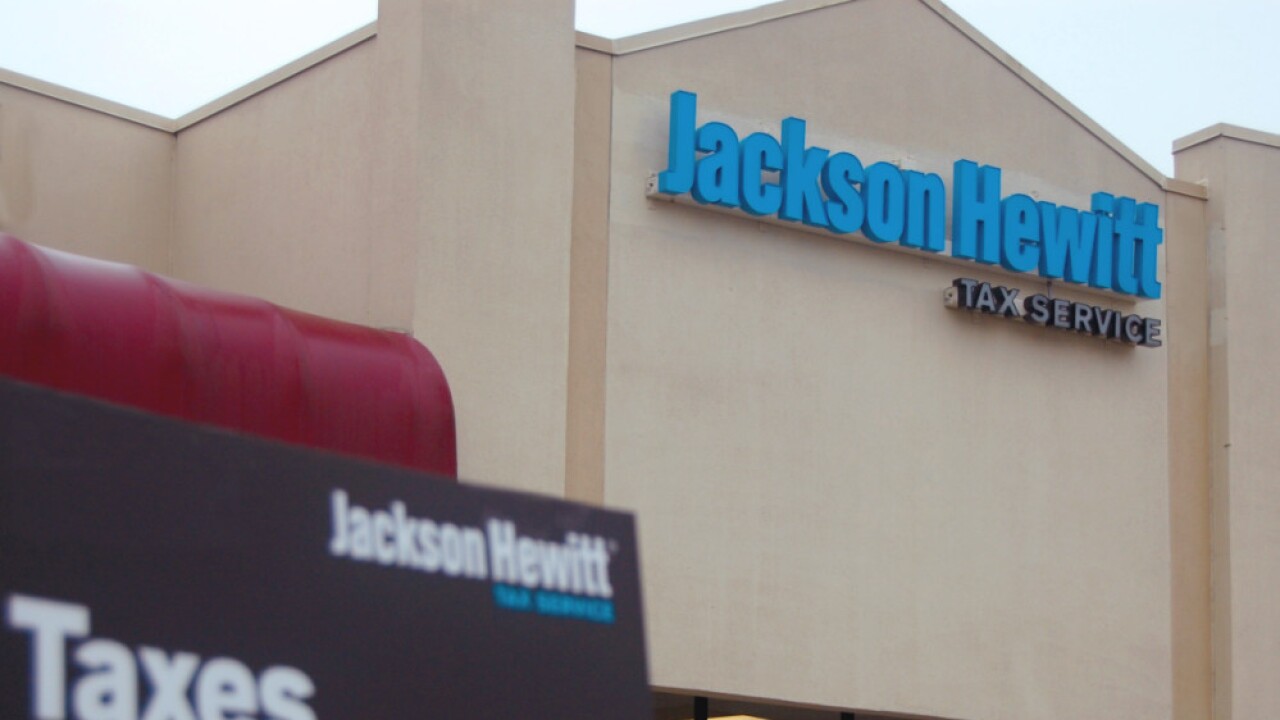The Court of Appeals for the Fourth Circuit has reversed a district court, finding that a taxpayer’s failure to file TD F 90-22.1 (the FBAR form) was willful, subjecting him to civil penalties.
The taxpayer, J. Bryan Williams, opened two Swiss bank accounts in 1993 in the name of ALQI Holdings, Ltd., a British corporation. Through 2000, Williams deposited more than $7 million into the ALQI accounts, earning more than $800,000 on the deposits. However, for each of the tax years during that period, Williams did not report to the IRS the income or his interest in the accounts.
By the fall of 2000, Swiss and U.S. authorities had become aware of the assets in the accounts. At the request of the U.S., the Swiss froze the accounts in November 2000. Williams filled out a tax organizer supplied to him by his accountant to aid in the preparation of his 2000 tax return. On both the organizer and the return, he indicated that he did not have an interest in a foreign financial account.
On the advice of his accountants and attorneys, he fully disclosed the accounts in January 2002, and acknowledged the interest on his 2001 return which he filed in October 2002. He also disclosed the accounts in an application to participate in the Offshore Voluntary Compliance Initiative in February 2003. In June 2003, he pleaded guilty to conspiracy to defraud the IRS and criminal tax evasion.
In January of 2007, Williams filed an FBAR for each tax year from 1993 through 2000. The IRS assessed two penalties of $100,000 against him for his failure to file an FBAR for tax year 2000. Williams failed to pay these penalties, and the government brought an enforcement action against him. The district court sided with Williams, holding that the government failed to prove that his failure to file the FBAR was willful.
The Fourth Circuit reversed the district court ruling on July 20. It found that Williams’ false answers on both the tax organizer and the federal tax return were evidence of conduct that was meant to conceal or mislead sources of income or other financial information. A dissenting opinion noted that there was no objective incentive for Williams to continue to conceal the ALQI account in June 2001, because at that time he knew that the U.S. had requested the accounts be frozen, and therefore he knew that the government knew about the accounts.





